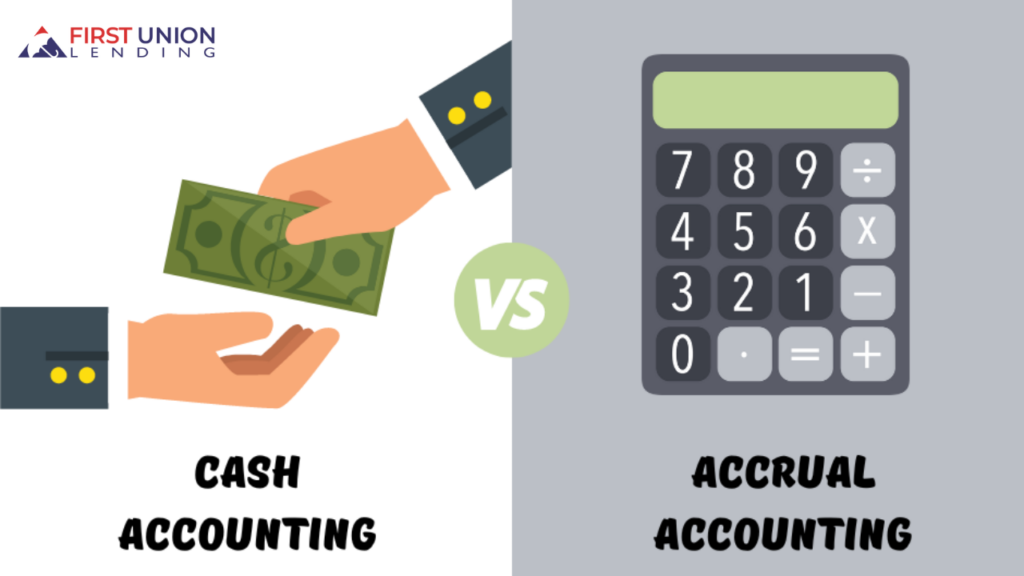
Cash accounting is an accounting method where revenues and expenses are recorded when cash is received or paid out. This contrasts with accrual accounting, where revenues and expenses are recorded when they are incurred, regardless of when the cash is received or paid out.
The Basics
Revenue is recorded when a customer receives a payment, even if the payment is for goods or services provided in a previous period. Similarly, expenses are recorded when cash is paid out, even if it is for expenses that have been incurred in previous periods. This method of accounting is often used by small businesses that don’t maintain significant levels of inventory and don’t carry out large transactions.
Advantages
The main advantage is that it is a straightforward method of record-keeping that requires no advanced accounting knowledge. It is easy to use and understand, requires little in the way of bookkeeping, and can be employed by businesses that don’t process significant volumes of transactions.
Cash accounting is also advantageous because it provides a clear picture of a business’s cash flow. This means that businesses can easily track the actual cash they have on hand and, therefore, better monitor their cash flow and liquidity.
Tracking Cash Flow
Cash accounting has some disadvantages as well. It does not take into account delayed cash payments received from clients. This can lead to inaccurate financial reporting, to reflect the actual economic benefits received by a business.
Limitations
Cash accounting can be subject to manipulation. Revenues and expenses are only recorded when cash is received or paid out. Businesses can deliberately delay cash payments or accelerate cash receipts to shift profits. This can give a false sense of economic performance in a company.
Making the Choice: Cash Accounting vs. Accrual Accounting
While offering significant advantages in its simplicity and ability to track actual cash flow, it can also lead to financial inaccuracies and be susceptible to manipulation of financial reporting. The choice of accounting method varies depending on the nature and size of the business and its specific financial needs.
Choosing the Right Accounting Method for Your Business
Making an informed decision about the accounting method that suits your business best requires careful consideration of the advantages and limitations of cash based accounting. Assess your business’s needs and seek professional advice if necessary to choose the approach that aligns with your financial goals and ensures accurate financial reporting.
